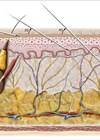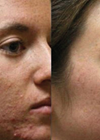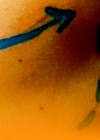All patients embarking on an aesthetic journey should be introduced to the importance of skin and why a healthy skin canvas is fundamental in producing the best possible surgical and non-surgical results. Investing in a carefully curated skincare regime can reap multiple rewards for your patient and allow you to maintain patient loyalty and retention.
Growth factors are naturally occurring proteins that initiate a cascade of intracellular signalling pathways that in turn help influence our cells and aid regeneration. Growth factors play a pivotal role in regulating cell growth, division, proliferation, and wound healing. In the skin, they are produced by fibroblasts and keratinocytes. They function to help regulate our immune system, initiate wound healing and enhance protective and reparative mechanisms by binding to specific receptors. Cellular communication is the key principle involved with growth factors and this allows them to play an important role in the production of collagen, elastin and hyaluronic acid which translates to firmer, more youthful looking skin.
Growth factors may be derived from several stem cell sources. Natural sources can be broadly divided into human, animal or plant derived stem cells. These include epidermal skin cells, placental cells, colostrum, foreskin, animals, and plants. Other sources include recombinant technology. For example, recombinant bacteria or yeast or even produced biosynthetically. Biosynthetic growth factors are designed to mimic the structure and function of natural growth factors and can generally be produced in a more sustainable fashion than other methods.
Growth factors have been used in the medical field for several decades due to their potent benefits and therapeutic applications. In particular, their use in skincare has gained momentum over recent years due to their ability to counteract the effects of UV exposure, environmental aggressors such as pollution and premature ageing. They work by stimulating specific receptors to trigger intracellular pathways that in turn increase cell proliferation, migration, and differentiation resulting in enhanced reparative functions. Growth factors can help promote the production of important structural proteins such as collagen and elastin as well as improve the extracellular matrix resulting in improvements to skin’s texture, increased firmness and better overall skin tone. They also play a pivotal role in immunological response. Following injury they facilitate cellular migration to the site of injury, stimulate angiogenesis and help to regulate and remodel the extracellular matrix aiding accelerated wound closure and tissue regeneration. Growth factors have also been shown to play a role in strengthening barrier function through their ability to synthesise essential lipids which can help with moisture retention and reduce the risk of inflammation and skin sensitisation.
The benefits and therapeutic uses of growth factors are multiple. From cellular regulation to enhanced collagen synthesis, wound healing and barrier repair.
SCA Pro growth factor from ALLSKIN | MED is the secretion derived from the mollusk, Cryptomphalus aspersa. It was originally researched by Dr Rafael Abad Iglesias in Madrid who was investigating ways to reduce adverse effects related to radiotherapy and repair the resulting skin damage. He observed that, when stimulated, the mollusk emitted a secretion that protected it against external aggression and repaired tissues damaged by these treatments.
In vitro studies have demonstrated activation, proliferation and migration of fibroblasts and keratinocytes. In addition, SCA Pro repairs and rejuvenates their morphology, leading to reorganisation of the actin filaments and alignment of the microfilaments promoting cellular elongation and increased functionality [1]. Senescent cells produce less procollagen, and thus collagen. Treatment with SCA Pro reverts expression of procollagen-1 to basal levels [2].
SCA pro has been clinically proven to reduce lines and wrinkles, improve firmness and elasticity, reduce post-procedure downtime and enhance treatment results by up to 50% [3].
Developing a bespoke skin protocol
A comprehensive history and examination with Visia’s skin analysis imaging system is always performed prior to curating a skincare regime. I often use the Skin Health and Beauty Pyramid [4] to educate my patients whilst developing their bespoke skin protocol. I have found this tool particularly useful in explaining the need for using different ingredients to target their concerns.
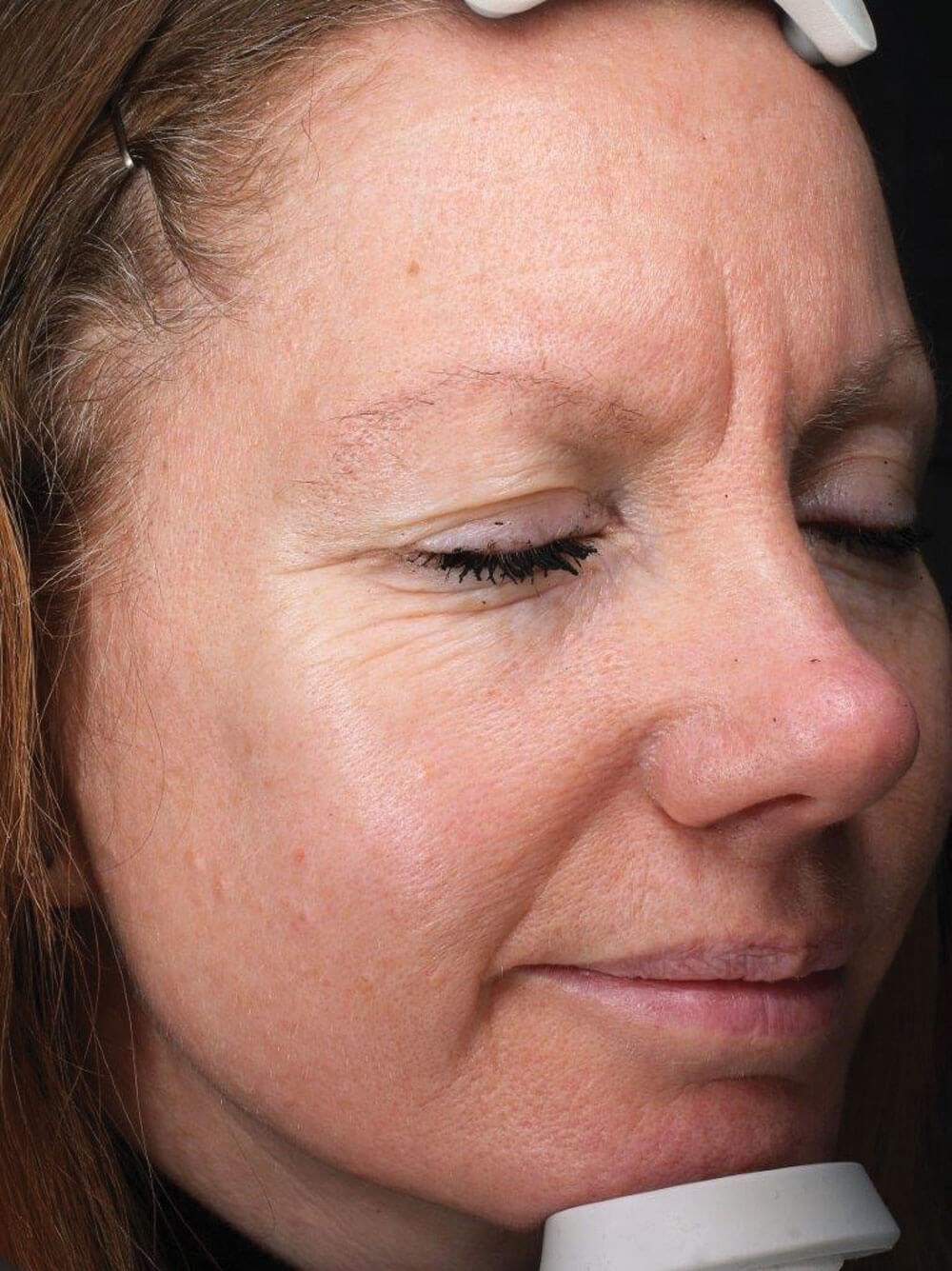
Figure 1: Baseline Visia image prior to commencing skin regime taken on 13.4.23.
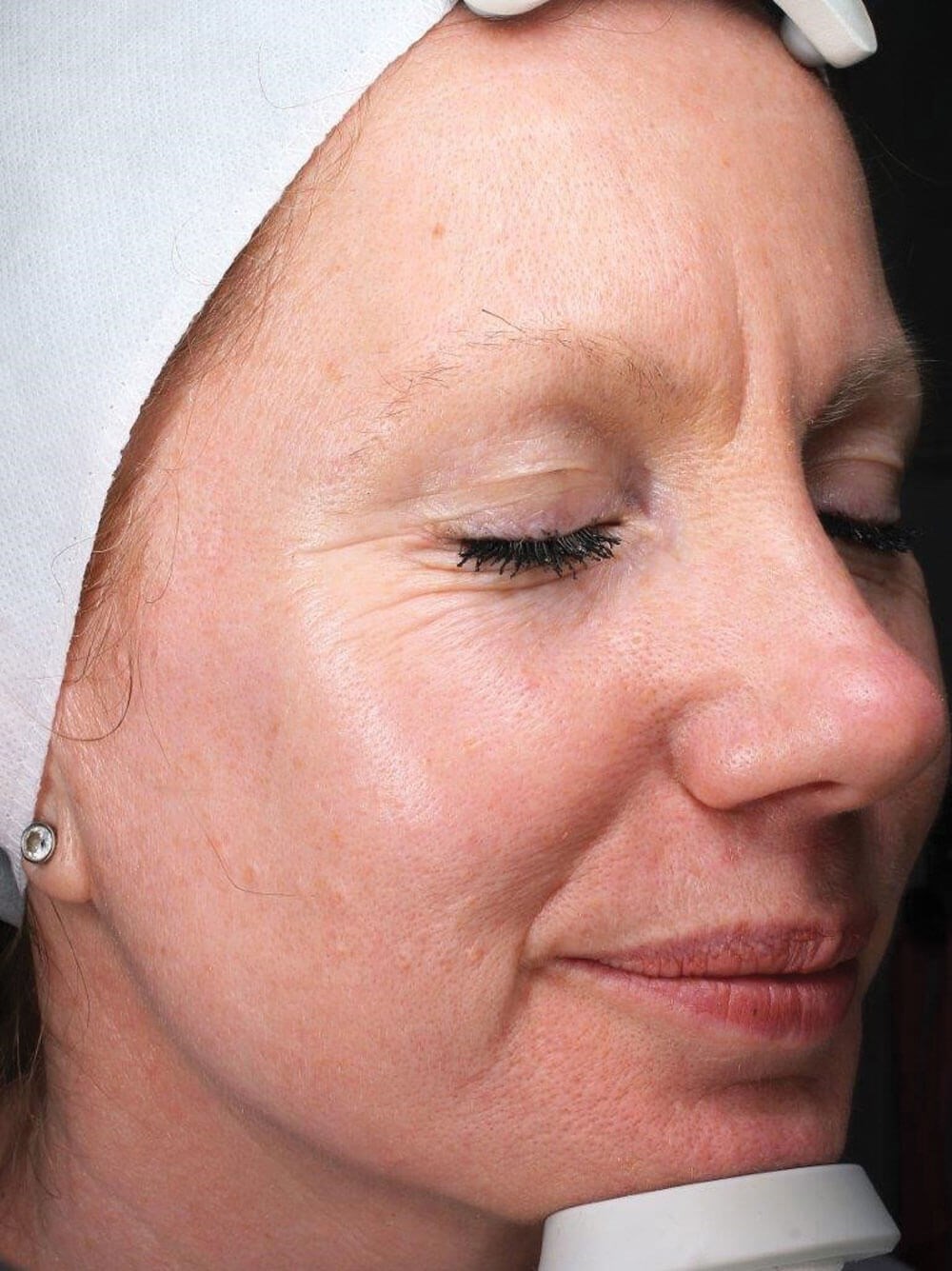
Figure 2: Repeat Visia image six weeks after commencing regime taken on 25.5.23.
Case report
A 50-year-old Caucasian female with no history of prior aesthetic procedures attended to learn more about ways to reduce the prominence of lines and wrinkles, but was not quite ready for any injectable procedures. A thorough consultation allowed me to identify her key areas of concern, motivation for treatment, available time for skin routine and set realistic goals in terms of what may be expected and the timeframe in which this will occur. As she was apprehensive of injectables we decided that the best way for her to embark upon her rejuvenation journey would be to start with a bespoke plan incorporating SCA Pro 40% regenerating ampoules to help address barrier concerns, reduce prominence of lines and wrinkles, and improve firmness and elasticity of the skin.
The following skin regime was started:
AM routine
- Cleansing gel AM
- Growth factor regenerative ampoule AM
- Mattifying cream AM
- Growth factor firming eye cream
- Sunscreen AM
PM routine
- Cleansing gel PM
- Growth factor regenerating ampoule PM (when not using AHA)
- Alpha-hydroxy acid (AHA) retexturising serum PM (use two times a week)
- Mattifying cream PM – apply after AHA serum or regenerating ampoule
- Growth factor firming eye cream.
A six-week skin protocol was completed. No vitamin A based product was used in this regime to help demonstrate the effectiveness of growth factors. She plans to continue on this skin regime and is currently considering other treatments such as skin bio-revitalisers to aid in her desire for a natural looking rejuvenated appearance.
Visia skin analysis results demonstrated a 14% reduction in wrinkles alongside improvements in texture, brown spots and porphyrins in just one skin cycle from 13 April to 25 May 2023.
By being able to demonstrate this visually and quantifying the wrinkle reduction using Canfield Visia skin analysis we are able to demonstrate to our patients the ability of evidence-based skincare and what potential these products have for overall anti-ageing and wellbeing (Figure 1 and 2).
Conclusion
In conclusion, cosmeceuticals and growth factor-based skincare can provide an effective way of improving your patients’ overall outcomes. They can be easily incorporated into your aesthetic practice and have been clinically proven to improve treatment results by up to an additional 50% [3].
References
1. Iglesias-de la Cruz MC, Sanz-Rodriguez F, Zamarron A, et al. Secretion of the mollusc Cryptomphalus aspersa promotes proliferation, migration and survival of keratinocytes and dermal fibroblasts in vitro. Int J Cosmet Sci 2012;34(2):183-9.
2. Castro B, de Paz N, Gonzalez S, Rodriguez-Luna A. SCA slows the decline of functional parameters associated with senescence in skin cells. Int J Mol Sci 2022;23(12):6538.
3. Truchuelo MT, Vitale M. A cosmetic treatment based on the secretion of Cryptomphalus aspersa 40% improves the clinical results after the use of nonablative fractional laser in skin aging. J Cosmet Dermatol 2020;19(3):622-8.
4. Mayoral F, Kenner J, Draelos ZD. The skin health and beauty pyramid: a clinically based guide to selecting topical skincare products. J Drugs Dermatol 2014;13(4):414-21.
Declaration of competing interests: The author is a UK KOL / Ambassador for Allskin | Med. This involves educating health professionals, presenting at conferences and carrying out clinical studies based on the medical grade skincare products.
COMMENTS ARE WELCOME




